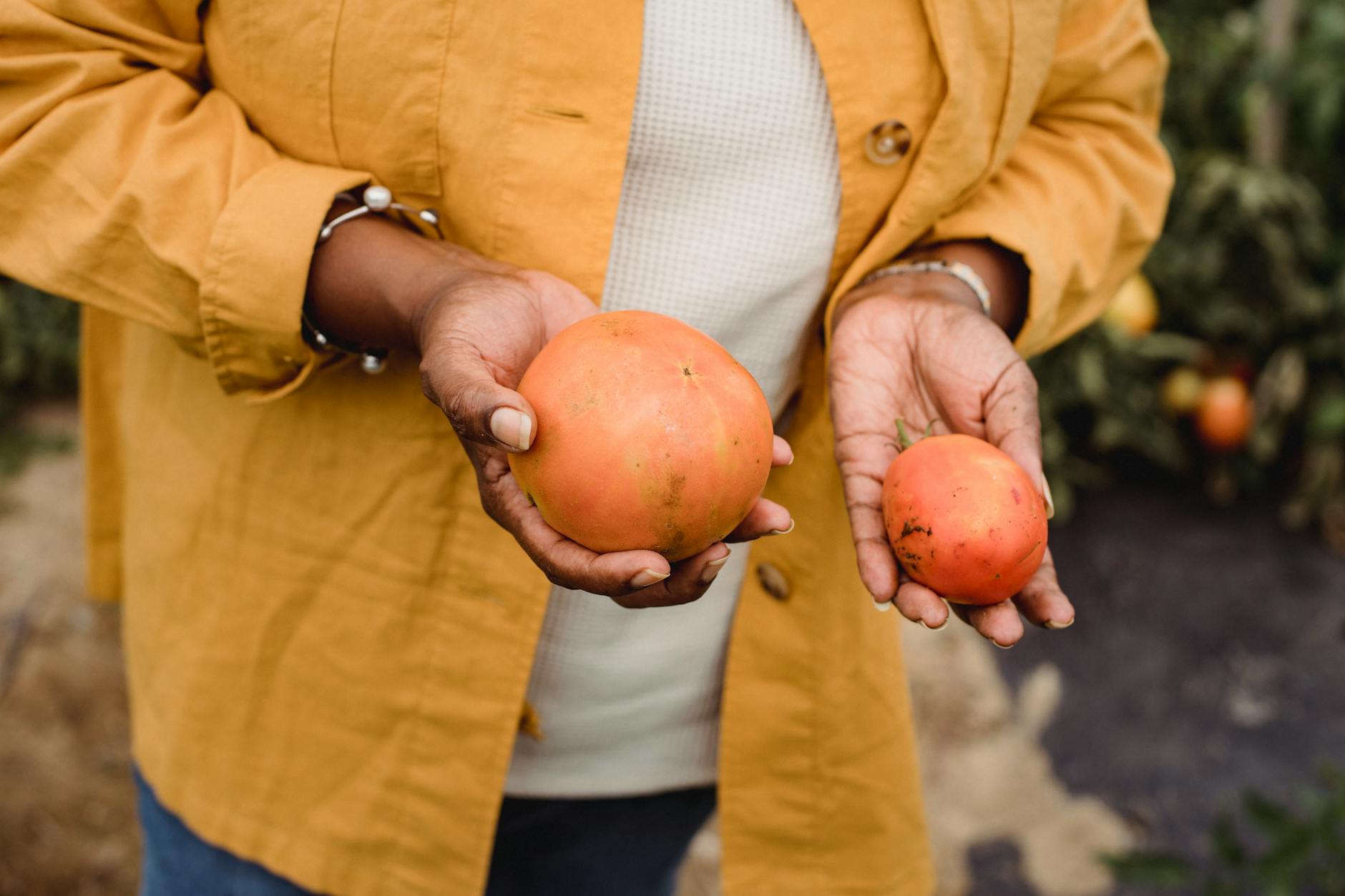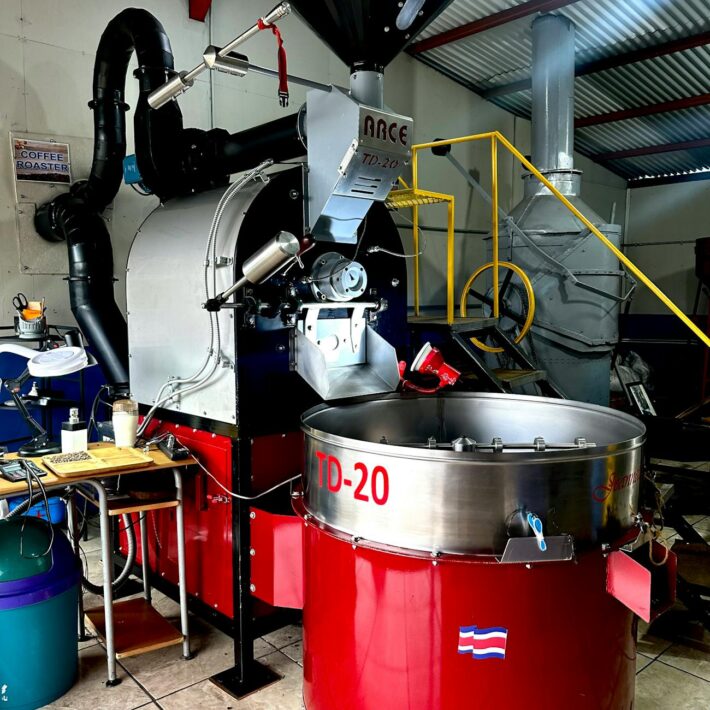Greenhouse Vegetable Business Ideas to Start in 2024

Contents
Greenhouse Vegetable Business Ideas to Start in 2024
The world is waking up to the perks of fresh, locally grown vegetables. As awareness of food quality rises, so does the demand for fresh produce. With a greenhouse vegetable business, you can tap into this rising trend, providing a sustainable, efficient way to grow and distribute fresh vegetables year-round. This not only suits the growing concern for food quality but can also be a profitable venture in 2024.
Overview of Greenhouse Vegetable Businesses
Starting a greenhouse vegetable business opens a door to numerous opportunities for small business owners. Greenhouse farming allows you to cultivate vegetables in a controlled environment, minimizing the risks posed by climate variations and pests. This method can boost crop yields while reducing the time vegetables spend in transit, which ensures they retain their quality and taste. It's an attractive business model for both seasoned entrepreneurs and newbies hoping to make a significant impact in local markets.
Top Greenhouse Vegetable Business Ideas
Ideal Greenhouse Setup for Vegetable Growing
Creating an effective greenhouse structure is the first step to success in vegetable farming. You'll need to focus on critical conditions such as proper ventilation and temperature control. Adding features like humidifiers, heat mats, and reflective materials can further enhance your growing conditions. There are several types of greenhouses—such as high tunnels and conservatories—each catering to different vegetable types and growth strategies.
 Photo by Zen Chung
Photo by Zen Chung
Organic Vegetable Farming
The trend toward organic produce keeps gaining momentum and for good reason. Consumers are more health-conscious than ever and are willing to pay a premium for vegetables cultivated without the use of synthetic pesticides or fertilizers. To establish an organic vegetable greenhouse, adhere to local organic certification requirements and put emphasis on soil health. Your followers will appreciate the commitment to growing without chemicals, creating a brand they can trust.
Hydroponics and Aquaponics Vegetable Cultivation
Hydroponics and aquaponics are innovative methods that allow you to grow vegetables without soil. Hydroponics involves nutrient-rich water, while aquaponics combines fish farming with plant cultivation. This makes for effective water usage and less waste. As an entrepreneur, this is not only an appealing business model but also an environmentally friendly option that can draw customers' interest.
Specialty Vegetables and Exotic Produce
Consider delving into niche markets by growing specialty or exotic vegetables that aren't widely available in regular stores. From heirloom tomatoes to unique herbs, the sky's the limit. These hard-to-find options can earn you a loyal customer base as they're often sought after for their culinary uniqueness. Focusing on distinctive offerings also allows you to command higher prices.
Herb Growing Business
Growing culinary and medicinal herbs can be a rewarding business venture. Herbs like basil, mint, and rosemary are in demand as ingredient staples in many kitchens. You can sell fresh herbs in bundles, or create value-added products such as herb-infused oils and dry mixes, expanding your revenue streams.
Microgreens Production
Microgreens have taken the culinary world by storm due to their concentrated flavor and high nutrient content. This small but mighty addition can take up minimal space and has a quick turnaround from seed to harvest. Establishing a microgreens production section in your greenhouse allows you access to restaurants and health-focused markets eager for fresh additions to their menus.
Vegetable Seedling Nursery
As more individuals take to gardening, a vegetable seedling nursery can be a profitable niche within your greenhouse. You can grow seedlings for popular vegetables, such as tomatoes and peppers, and sell them to local homeowners, farmers, and garden centers. Providing high-quality, healthy seedlings can earn you steady repeat business.
Community Supported Agriculture (CSA) Programs
Building a CSA program can bridge the gap between your greenhouse and the community. In a CSA program, customers subscribe to receive a box of fresh produce weekly or bi-weekly. This model creates direct sales channels, reduces waste, and provides stable income. Engaging with your customer base personally only amplifies their investment in your business.
Vertical Farming in Greenhouses
Utilizing vertical farming techniques maximizes space within your greenhouse. Vertical gardens can allow you to grow more crops within a limited area, ensuring continuous production while conserving resources. It can be a smart approach, especially in urban areas where space is at a premium.
Marketing Strategies for Your Greenhouse Vegetable Business
Creating a Strong Brand Identity
A distinct brand identity can set your greenhouse vegetable business apart. Consider what defines your produce: Is it organic, locally grown, or environmentally conscious? Use this uniqueness to develop a compelling brand story that resonates with local markets. Consistent branding across packaging, signage, and online platforms enhances your business's visibility and customer loyalty.
Utilizing Social Media and Online Marketing
In today’s world, harnessing social media is a game changer. Create engaging content showcasing your greenhouse, the growing process, and the mouthwatering vegetables you produce. Use platforms like Instagram and Facebook to connect directly with customers and build a community around your product. Offering loyalty programs and promotional discounts through these channels encourages return visits to your greenhouse or online shop.
Challenges and Solutions in Greenhouse Vegetable Businesses
Managing Costs and Maximizing Profits
The initial investment for a greenhouse can be significant, but smart financial planning can ease your burden. Create a detailed business plan to outline expected costs and revenues. Utilize budgeting tools to track expenses and identify areas to cut costs. Pricing strategies that reflect both costs and market demands are crucial for sustained growth.
Weather and Environmental Controls
Even in a greenhouse, managing environmental factors can prove challenging. Advanced systems, such as automated climate controls, water recycling methods, and scouting pests early, can mitigate risks. Employing organic pest control measures not only keeps your crops healthy but privileges you as a responsible agricultural business.
Conclusion
The potential for starting a greenhouse vegetable business in 2024 is exciting and ripe with possibilities. You can cultivate fresh produce in an environmentally sustainable way while targeting health-conscious customers. As a small business owner or an entrepreneur, now is the ideal time to explore these ideas and make an impact in your community. Your journey may begin with a single seed in soil, but it can flourish into a bounty — not just for you but for your entire community. Take the first step today!

As our Chief SEO & Branding Strategist, Robert Ellison is a digital marketing visionary with over 25 years of experience transforming brands through smart, data-driven SEO and impactful storytelling. Known for his expertise in aligning technical SEO with authentic brand narratives, he leads our team in creating strategies that boost search rankings while building strong, sustainable brand identities. A trusted advisor and frequent industry speaker, Robert combines deep technical knowledge with creative insight, helping our clients not only reach the top of search results but also genuinely connect with their audiences.








